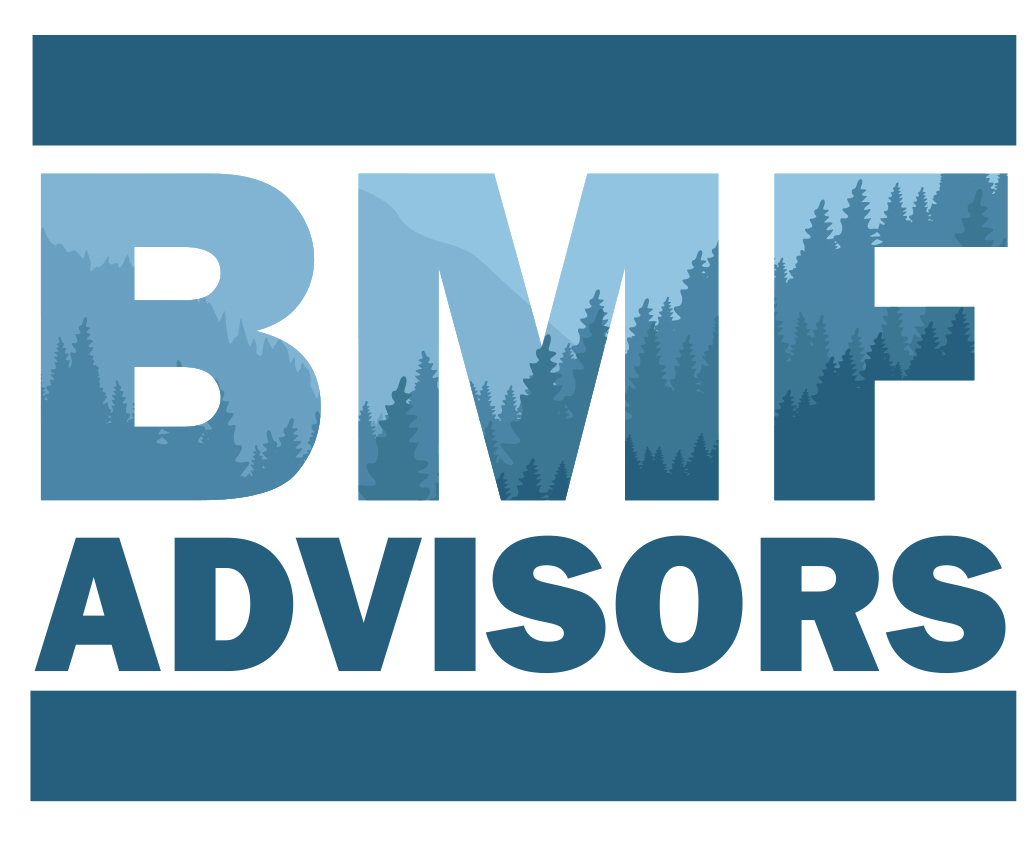If you need cash flow for your business, there are several options at your disposal, including traditional loans, business lines of credit and accounts receivable financing. Here are four things you should know about accounts receivable financing.
- It’s Different from Accounts Receivable Factoring
Accounts receivable financing, also called AR financing, is similar to but distinct from accounts receivable factoring. While factoring involves selling your business’s invoices at a discount, the invoices are the collateral for your loan with accounts receivable financing. If you utilize factoring for your funding needs, you will receive a percentage of the value of your invoices upfront and the rest after your customers pay the factoring company. By contrast, accounts receivable financing provides you with your funds upfront and you can repay the financing company later.
- It Provides You With Several Advantages
AR financing provides its users with several advantages. This type of financing typically provides you with funds quickly compared to other types of financing. Accounts receivable financing is not considered debt for your business and comes with better pricing options. It’s also relatively flexible. Customers can include multiple funders, choose the order in which they submit receivables and decide when to participate.
- It Can Be Structured in Two Main Ways
There are two common structures for accounts receivable financing:
- Loans
- Asset sales
When you take out a loan, you will receive an advance that the financing company bases on your accounts receivable balances. Like traditional loans, you must repay the loan as stated in the terms of the loan agreement. Also like traditional loans, you can choose between secured and unsecured options.
Asset sales are more common than loans. When you sell your assets, you receive a percentage of their total value in cash.
- It Comes With a Few disadvantages
Every form of financing has its disadvantages. AR financing is no different. While it can come with better pricing options, it can be more expensive if your business has a poor credit score or if you choose a non-traditional lender. You also need to make decisions regarding the order of sales and payouts, when you participate and what funders you include. Otherwise, you risk money losses.
If you need funding for your business and are able to sell your accounts receivables, then this type of financing might be right for you. Talk to various financing companies and determine whether you’re eligible for accounts receivable financing.
